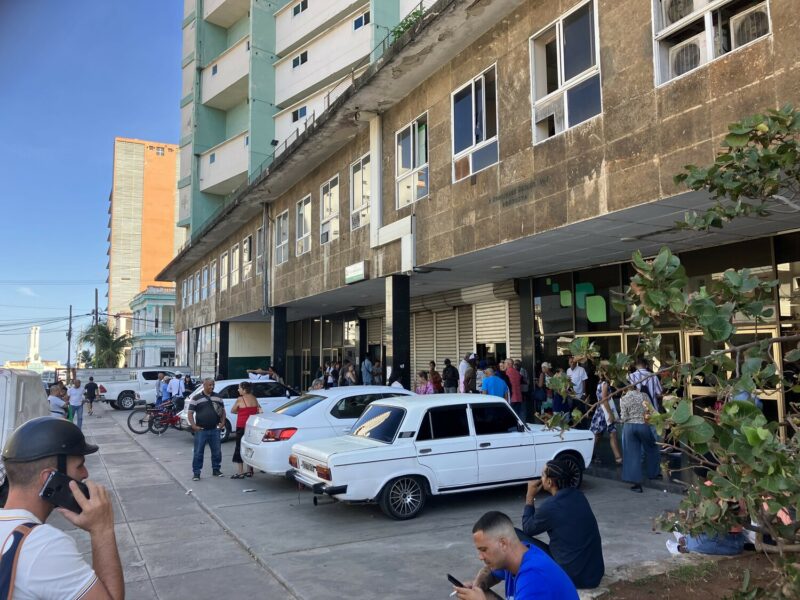VIEWPOINT: Cuba Teeters on the Brink of Collapse

 3 Photos
3 Photos
-
Scenes in Cuba.
-
Scenes in Cuba.
-
Scenes in Cuba.
Viewpoint
- Publication: East Hampton Press
- Published on: Dec 2, 2024
By Alfredo Merat I just returned from Havana — and the situation is dire. The people seem resigned to their fate. COVID-19 and inflation have hit harder there than almost...
